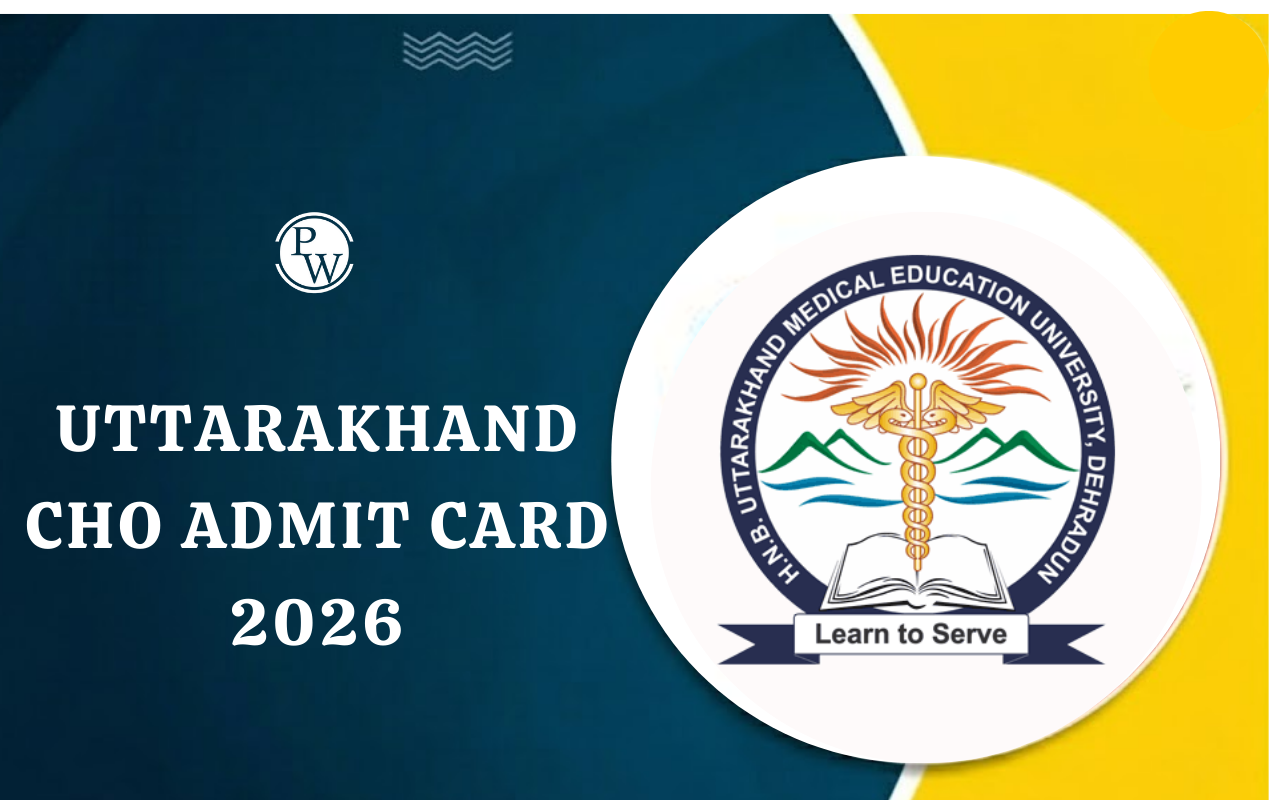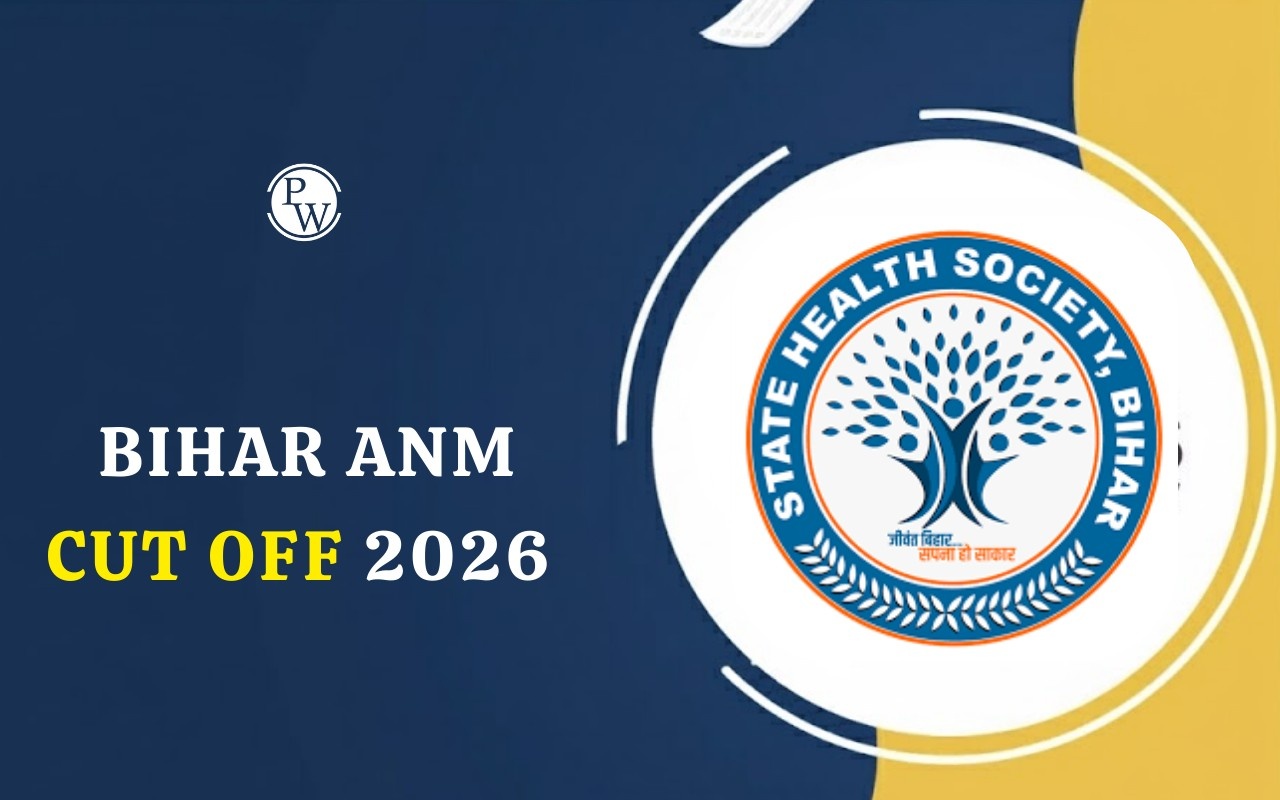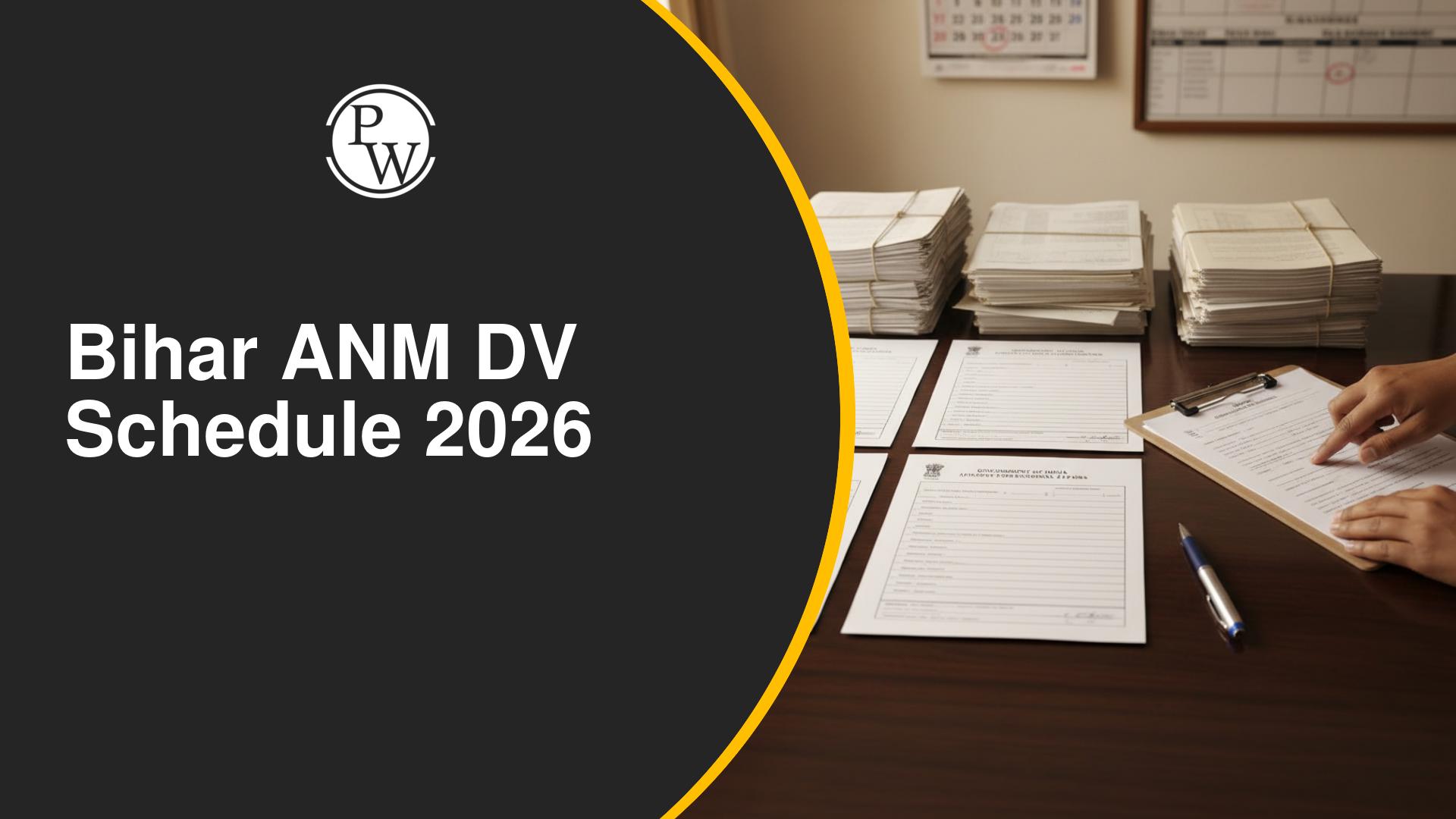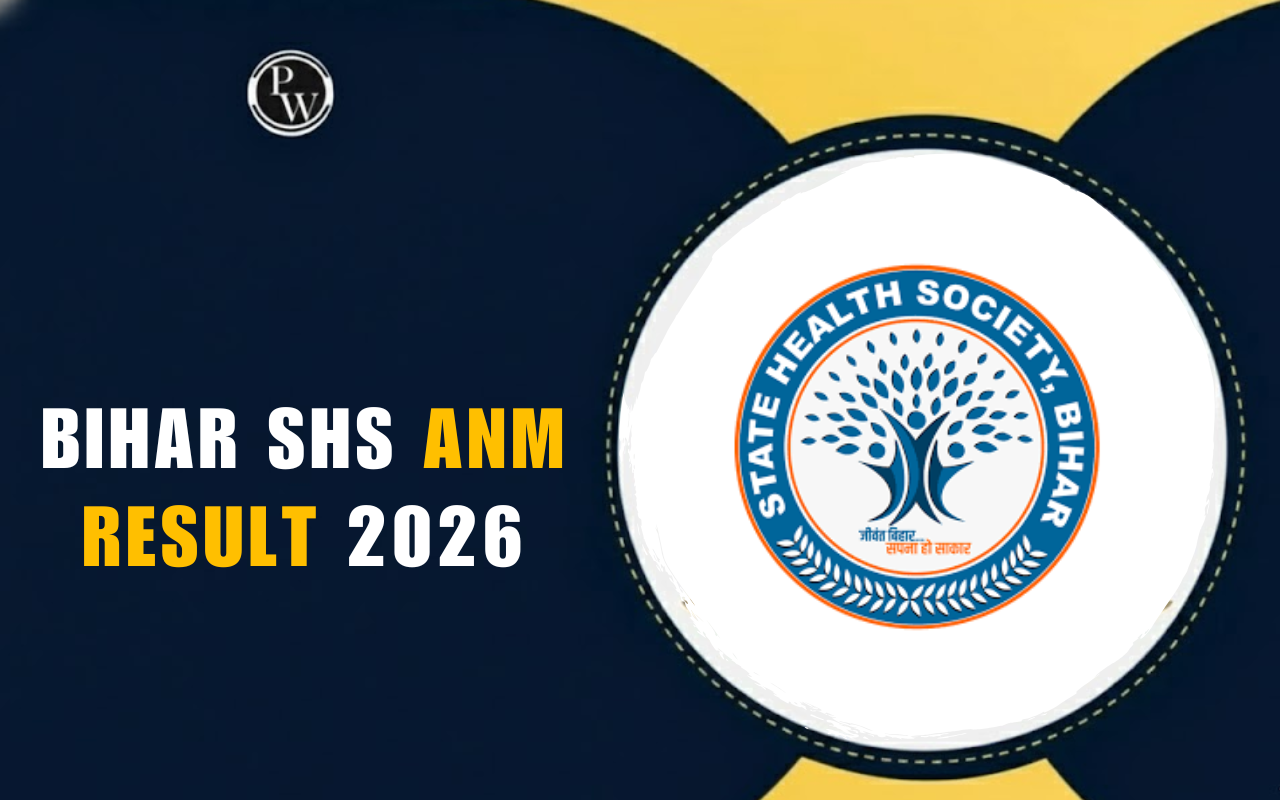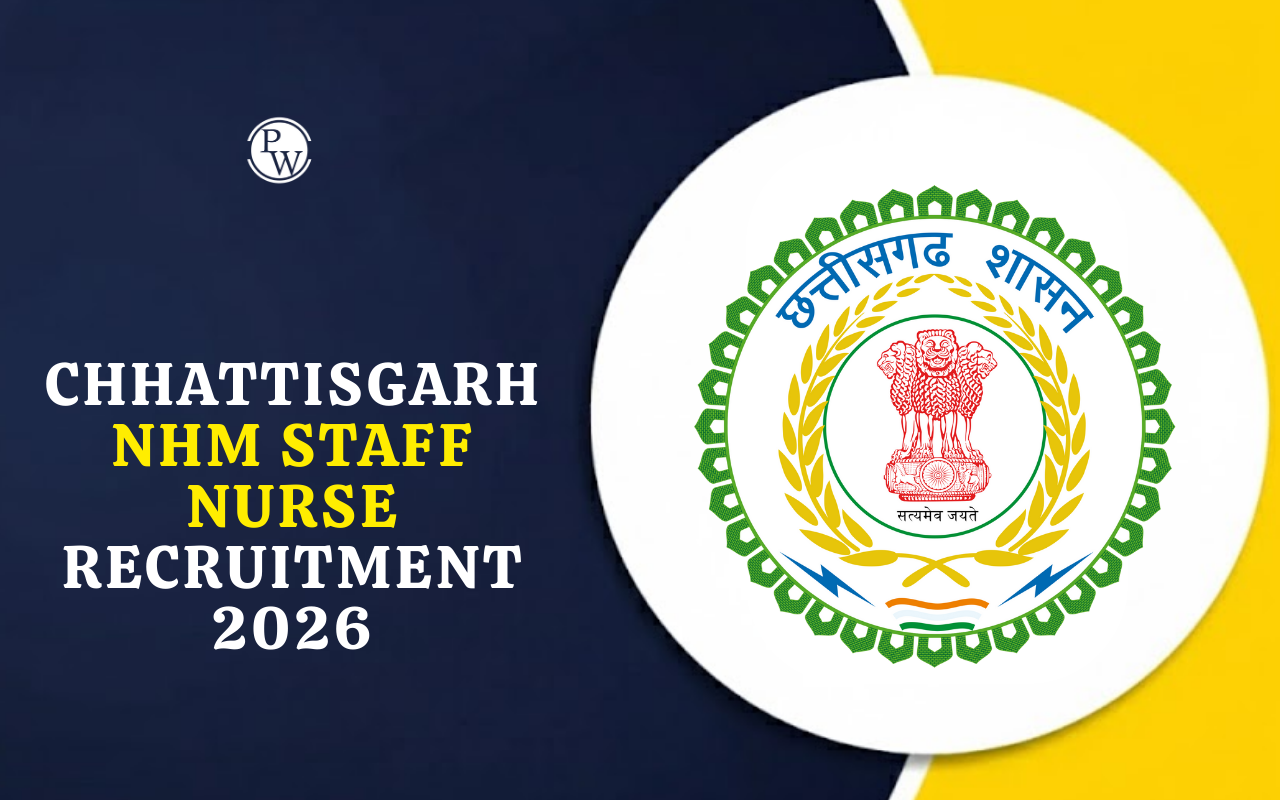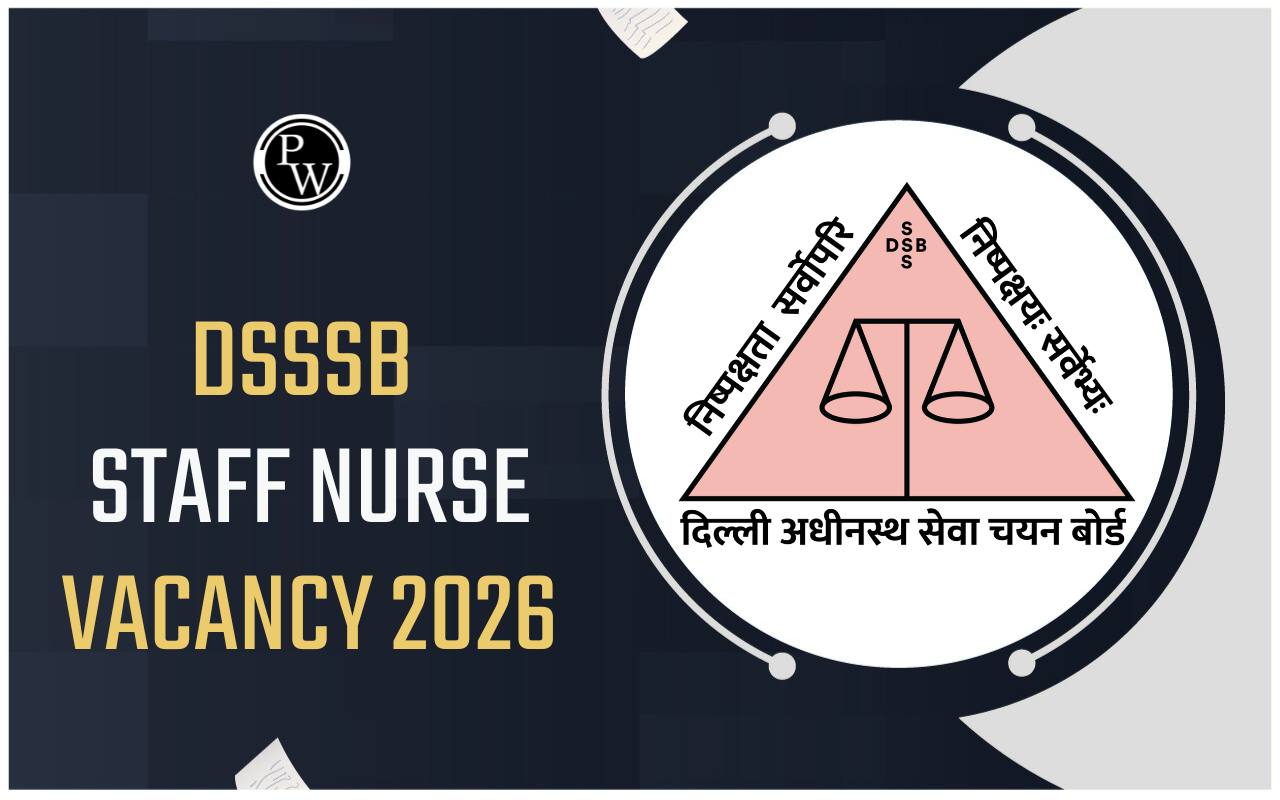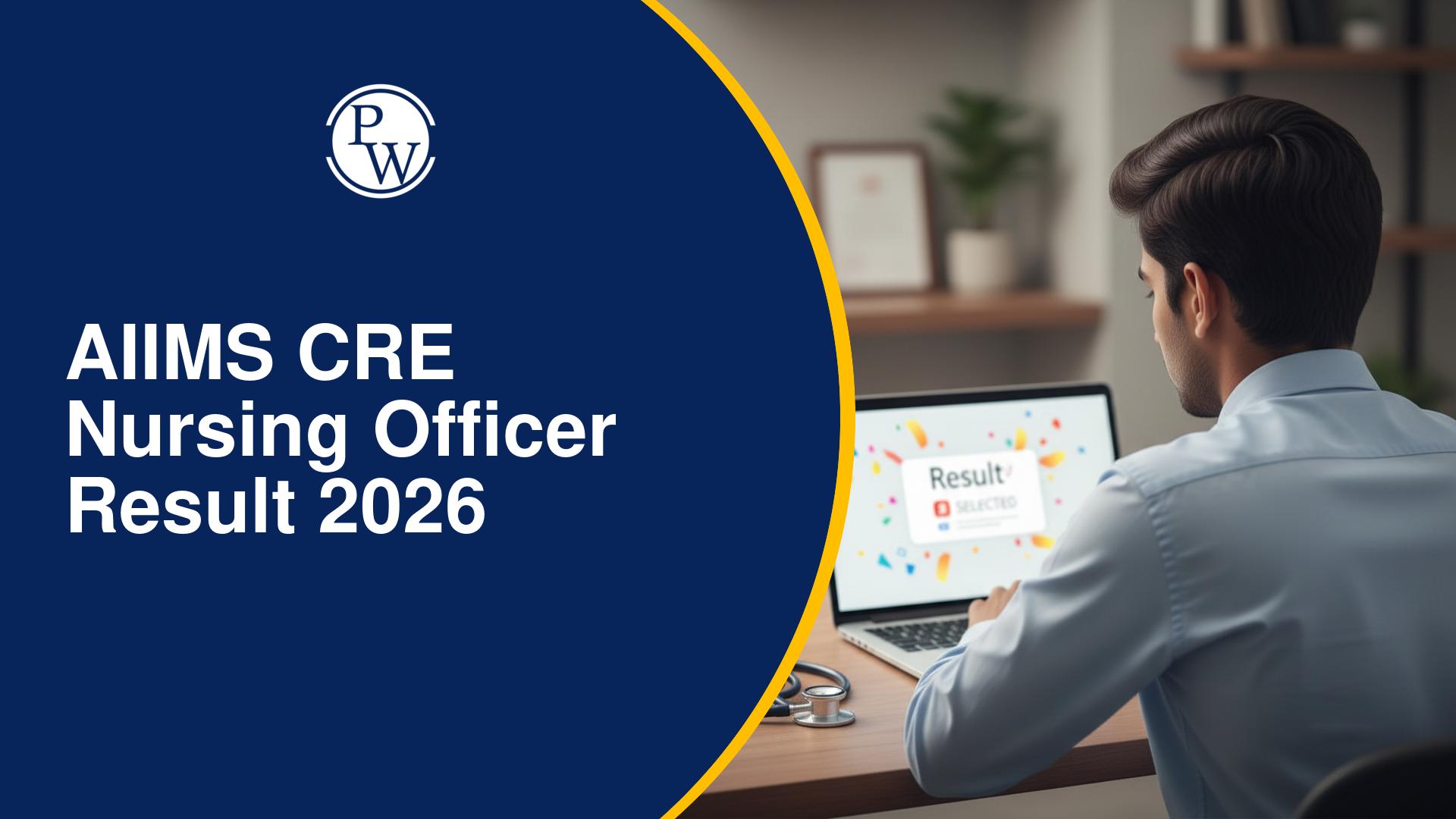
JIPMER Nursing Officer Syllabus : Preparing for the JIPMER Nursing Officer exam can feel like an overwhelming task, as the syllabus is vast and the competition fierce. However, by breaking down the exam into manageable parts and focusing on self-care during your preparation journey, you can feel more in control and confident in your abilities.
In this blog post, we will delve into the JIPMER Nursing Officer 2024 exam pattern and syllabus, providing tips for how to approach each section strategically while balancing study with rest. Our goal is to help you understand what to expect so you can design a preparation plan tailored to your individual strengths and needs. Remember often why you chose this career path - to help and heal others - and let that purpose drive you when challenges arise.JIPMER Nursing Officer Syllabus Overview
The Jawaharlal Institute Of Postgraduate Medical Education & Research (JIPMER) has unveiled the official syllabus and examination pattern for the JIPMER Nursing Officer online assessment. The selection procedure will entail an online examination, succeeded by a skill evaluation. The JIPMER Nursing Officer Syllabus 2024 will encompass topics such as General Nursing, Numerical Aptitude, and General English. It is imperative for candidates to meticulously review the syllabus for the online examination as it forms a crucial component of their preparation strategy. For candidates aspiring to surpass the JIPMER Nursing Officer Cut-Off marks, it is essential to have an in-depth understanding of the prescribed JIPMER Nursing Officer Syllabus and examination pattern as outlined in this document. This article serves as a valuable resource for individuals preparing for the online assessment. To gain comprehensive insights into the JIPMER Nursing Officer Examination Pattern & Syllabus, please continue reading for further details.JIPMER Nursing Officer Syllabus 2024
The JIPMER Nursing Officer examination is crucial for candidates aspiring to join the esteemed Jawaharlal Institute Of Postgraduate Medical Education & Research. A detailed understanding of the syllabus is imperative to guide candidates in their preparation journey. Let's delve deeper into the comprehensive JIPMER Exam syllabus :1) General Nursing & Midwifery:
- Human Anatomy and Physiology: Understanding the structure and function of the human body systems.
- Nursing Management: Principles and practices related to effective nursing management.
- Toxicology & First Aid: Basics of managing poisonings and immediate care techniques.
- Clinical Pathology: Study of disease processes and diagnostic procedures.
- Drug Store Management & Pharmacology: Management of drugs in a healthcare setting and study of drug interactions and effects.
- Psychiatric Nursing: Care and management of patients with mental health disorders.
- Microbiology: Study of microorganisms and their relevance in healthcare settings.
- Sociology & Nutrition: Understanding societal aspects and the role of nutrition in patient care.
- Pediatrics & Mental Health: Care of children and management of mental health disorders.
- Health Education, Communication Skills & Psychology: Effective communication in healthcare, patient education, and basic psychology concepts relevant to patient care.
2) General English:
- Vocabulary & Grammar: Synonyms, antonyms, homonyms, direct and indirect speech, sentence completion, improvement, idioms, phrases, and spelling tests.
- Comprehension & Verbal Ability: Reading comprehension, active-passive voice, spotting errors, theme detection, and transformation of sentences.
- Synonym: These are words that have similar meanings to other words. For instance, "happy" is a synonym for "joyful."
- Antonyms: These are words that have opposite meanings. For example, "happy" is an antonym of "sad."
- Direct Speech: It refers to when you quote the exact words spoken by a person. For example, She said, "I am going to the market."
- Indirect Speech: It conveys the same message without using the exact words. The sentence would be: She said she was going to the market.
- Sentence Completion: This involves completing a sentence with the appropriate word or phrase that fits contextually and grammatically.
- Sentence Improvement: This tests your ability to recognize errors or areas of improvement in a given sentence and choose the correct alternative.
- Spelling Test: This assesses your ability to spell words correctly. You might be given a word or asked to choose the correct spelling among several options.
- Spotting Errors: In this section, a sentence is given, and you're required to identify if there's any grammatical or structural error in it.
- Theme Detection: This involves understanding the central idea or theme of a passage or paragraph. It tests your ability to grasp the primary message or intention behind a given text.
- Active Voice: The subject of the sentence acts. Example: "She writes a letter."
- Passive Voice: The subject receives the action. Using the above example, in passive voice, it becomes: "She writes a letter."
- Vocabulary Test: This evaluates your vocabulary knowledge, including understanding the meaning of words, their synonyms, antonyms, and sentence usage.
- Transformation: This tests your ability to change the form of a sentence without changing its meaning, such as converting an assertive sentence to an interrogative or vice versa.
- Reading Comprehension: This assesses your ability to understand and interpret a given passage or text. Questions might be based on the passage's main idea, details, inferences, or vocabulary.
3) Numerical Aptitude:
- Mathematical Concepts: Percentage, average, mensuration, quadratic and simple equations, pipes and cisterns, probability, ratios, proportions, areas, time-distance, simplifications, permutations, combinations, LCM, HCF, and compound interest.
- Percentage: This topic deals with expressing a number as a fraction of 100 in the JIPMER Nursing Officer Syllabus.
- Average: Average, or mean, is the sum of a set of numbers divided by the count of numbers in that set. It's essential for understanding typical values in a dataset.
- Pipes and Cistern: This topic focuses on problems related to pipes filling or emptying cisterns (containers). Such issues typically involve calculating the time taken to fill or empty a cistern when given the rate of inflow or outflow.
- Probability: Probability deals with the likelihood of an event occurring. It involves understanding concepts like sample space, favorable outcomes, and calculating probabilities using formulas.
- Ratio and Proportion: The ratio represents the quantitative relationship between two or more numbers. Proportion refers to the equality of two ratios. Understanding ratios and balances is essential for solving various mathematical problems related to mixtures, proportions, and comparisons.
- Simplification and Approximation: This focuses on simplifying complex mathematical expressions by performing various arithmetic operations. Approximation involves finding values close to the actual value, usually done to make calculations more manageable.
- Permutations and Combinations: Permutations deal with the arrangement of objects, while combinations focus on the selection of objects without considering their order. These concepts are crucial for counting principles and probability calculations.
- LCM and HCF: LCM (Least Common Multiple) is the smallest multiple common to two or more numbers, while HCF (Highest Common Factor) is the largest number that divides two or more numbers without leaving a remainder. These concepts are fundamental in various mathematical operations and problem-solving.
- Compound Interest: Compound interest involves calculating interest on the initial principal and the accumulated interest from previous periods. This concept is essential for understanding investments, loans, and savings over time.
4) Reasoning:
- Logical & Analytical Reasoning: Non-verbal reasoning, puzzles, logical reasoning, verbal reasoning, analytical reasoning, data sufficiency, and data interpretation to assess logical thinking and problem-solving skills.
- Non-Verbal Reasoning: Non-verbal reasoning involves solving problems and recognizing patterns without using words. This can include understanding sequences, analogies, classifications, series, and spatial reasoning using shapes, figures, patterns, and diagrams.
- Puzzles: Puzzles in reasoning refer to problems that require logical thinking and deduction. This could involve arranging items in a specific order, deciphering codes, or solving intricate logical problems presented as puzzles.
- Logical Reasoning: Logical reasoning involves assessing statements and determining whether they are true or false based on given information. It also includes drawing conclusions from premises or determining the validity of arguments based on logic.
- Verbal Reasoning: Verbal reasoning focuses on assessing the ability to think constructively and logically using words. This might involve understanding and analyzing written information, concluding written passages, or identifying relationships between concepts or words.
- Analytical Reasoning: Analytical reasoning emphasizes evaluating complex situations, patterns, or problems and breaking them down into smaller components or logical steps to understand them better. It involves assessing information critically and drawing logical conclusions based on evidence and reasoning.
- Data Sufficiency: Data Sufficiency involves determining whether the provided information is sufficient to answer a question. Candidates must evaluate the given data and decide if it provides adequate information to solve the problem without additional details.
5) General Awareness and Current Affairs:
- National & International Knowledge: States, capitals, famous personalities, art, culture, geography, economics, daily news, sports, politics, countries, currencies, scientific research, and other topics are covered in the JIPMER Nursing Officer Syllabus 2024.
- States and Capitals: This topic covers knowledge about the various states in a particular country and their respective capitals. Understanding this helps grasp a nation's geographical layout and administrative divisions.
- Economic State: This segment covers information about the economic conditions, trends, policies, and developments of a nation or region. It encompasses topics related to fiscal policies, economic indicators, growth rates, industries, and economic reforms.
- Daily News: Daily News refers to current events, incidents, developments, and happenings that are of significance and have been reported recently in the news. Staying updated with daily news helps understand the ongoing events and their implications.
- Sports and Games: Sports and Games topics include knowledge about various sports, athletes, tournaments, championships, rules, achievements, records, and significant events related to sports and games globally or nationally.
- General Polity: General Polity focuses on understanding a country's political system, governance, constitution, laws, rights, duties, institutions, and structures. It covers democracy, governance, judiciary, executive, legislature, and administrative aspects.
- Countries and Currencies: This section provides information about different countries and their respective currencies. It helps understand the global economic landscape, international trade, and financial systems.
- Scientific Research: Scientific Research topics involve advancements, discoveries, innovations, technologies, developments, and contributions in various fields of science and technology. It covers research findings, scientific breakthroughs, and technological advancements.
- National and International Affairs: National and International Affairs encompass significant events, developments, issues, agreements, treaties, conflicts, partnerships, and relations at both national and international levels. It provides insights into global affairs, diplomatic relations, international organizations, and geopolitical developments.
JIPMER Nursing Officer Exam Pattern
The exam pattern for the JIPMER Nursing Officer plays a crucial role in a candidate's performance. Understanding the marking scheme is vital for answering questions and gauging potential scores once the official answer key is out. Additionally, it offers insights into the weightage of each section, enabling candidates to strategize their responses effectively.| JIPMER Nursing Officer Exam Pattern | |||||
| S.no. | Subject | Weightage | No. of Questions | Marks | Duration |
| 1. | The related subject concerned | 70% | 100 | 400 | 1 hour and 30 Minutes |
| 30% | |||||
| 2. | General areas like General Knowledge, General English, and General Mathematics | ||||
| Total | 100% | 100 | 400 | ||
- The examination comprises 100 questions, with each question carrying 4 marks.
- The total aggregate of the exam is 400 marks.
- For every incorrect response, a penalty of 1 mark will be applied.
- Candidates will have 90 minutes, equivalent to 1 hour and 30 minutes, to complete the examination.
JIPMER Nursing Officer Syllabus - Preparation Tips
Preparing for the JIPMER Nursing Officer examination requires a strategic approach to ensure comprehensive coverage of the syllabus and optimal performance on the exam day. Here are some valuable preparation tips tailored for the JIPMER Nursing Officer syllabus :- Begin by thoroughly reviewing the official JIPMER Nursing Officer syllabus . This will give you a clear understanding of the topics and subjects you must cover.
- Develop a structured study plan that allocates specific time slots for each topic. Prioritize topics based on your strengths and weaknesses.
- Collect relevant study materials, including textbooks, previous years' question papers, and online resources that cover the syllabus comprehensively.
- Dedicate more time to subjects like General Nursing, Numerical Aptitude, General English, and other core areas mentioned in the syllabus. Ensure that you understand the fundamental concepts and principles thoroughly.
- Regular practice is essential for success. Solve sample papers, mock tests, and previous years' question papers to improve your time management and problem-solving skills.
- Allocate time for regular revisions. Revisiting and revising previously studied topics will reinforce your understanding and improve retention.
- Keep yourself updated with any changes or updates to the syllabus or examination pattern. Subscribe to official notifications and regularly visit the JIPMER website for any announcements.
- Lastly, maintain a positive attitude, stay calm, and be confident in your preparation. Avoid last-minute cramming and trust your preparation strategy.
JIPMER Nursing Officer Syllabus 2024 FAQs
What does the JIPMER Nursing Officer Syllabus primarily focus on?
The JIPMER Nursing Officer syllabus focuses on subjects such as General Nursing and Midwifery, General English, Numerical Aptitude, Reasoning, and General Awareness and current affairs.
How many sections are included in the JIPMER Nursing Officer Syllabus?
The JIPMER Nursing Officer Syllabus consists of five main sections: General Nursing and Midwifery, General English, Numerical Aptitude, Reasoning, and General Awareness and Current Affairs.
What are the key topics covered under General Nursing & Midwifery?
The key topics under General Nursing and midwifery include Human Anatomy and Physiology, Nursing Management, Toxicology, First Aid, Clinical Pathology, Drug Store Management, and more.
Which topics come under the Numerical Aptitude section?
The Numerical Aptitude section includes topics such as Percentage, Average, Mensuration, Quadratic Equation, Simple Equation, Pipes and Cistern, Probability, Ratio and Proportion, Time and Distance, and more.
What are the topics covered under the Reasoning section?
The Reasoning section encompasses Non-Verbal Reasoning, Puzzles, Logical Reasoning, Verbal Reasoning, Analytical Reasoning, Data Sufficiency, and Data Interpretation.
🔥 Trending Blogs
Talk to a counsellorHave doubts? Our support team will be happy to assist you!

Check out these Related Articles
Free Learning Resources
PW Books
Notes (Class 10-12)
PW Study Materials
Notes (Class 6-9)
Ncert Solutions
Govt Exams
Class 6th to 12th Online Courses
Govt Job Exams Courses
UPSC Coaching
Defence Exam Coaching
Gate Exam Coaching
Other Exams
Know about Physics Wallah
Physics Wallah is an Indian edtech platform that provides accessible & comprehensive learning experiences to students from Class 6th to postgraduate level. We also provide extensive NCERT solutions, sample paper, NEET, JEE Mains, BITSAT previous year papers & more such resources to students. Physics Wallah also caters to over 3.5 million registered students and over 78 lakh+ Youtube subscribers with 4.8 rating on its app.
We Stand Out because
We provide students with intensive courses with India’s qualified & experienced faculties & mentors. PW strives to make the learning experience comprehensive and accessible for students of all sections of society. We believe in empowering every single student who couldn't dream of a good career in engineering and medical field earlier.
Our Key Focus Areas
Physics Wallah's main focus is to make the learning experience as economical as possible for all students. With our affordable courses like Lakshya, Udaan and Arjuna and many others, we have been able to provide a platform for lakhs of aspirants. From providing Chemistry, Maths, Physics formula to giving e-books of eminent authors like RD Sharma, RS Aggarwal and Lakhmir Singh, PW focuses on every single student's need for preparation.
What Makes Us Different
Physics Wallah strives to develop a comprehensive pedagogical structure for students, where they get a state-of-the-art learning experience with study material and resources. Apart from catering students preparing for JEE Mains and NEET, PW also provides study material for each state board like Uttar Pradesh, Bihar, and others
Copyright © 2026 Physicswallah Limited All rights reserved.
